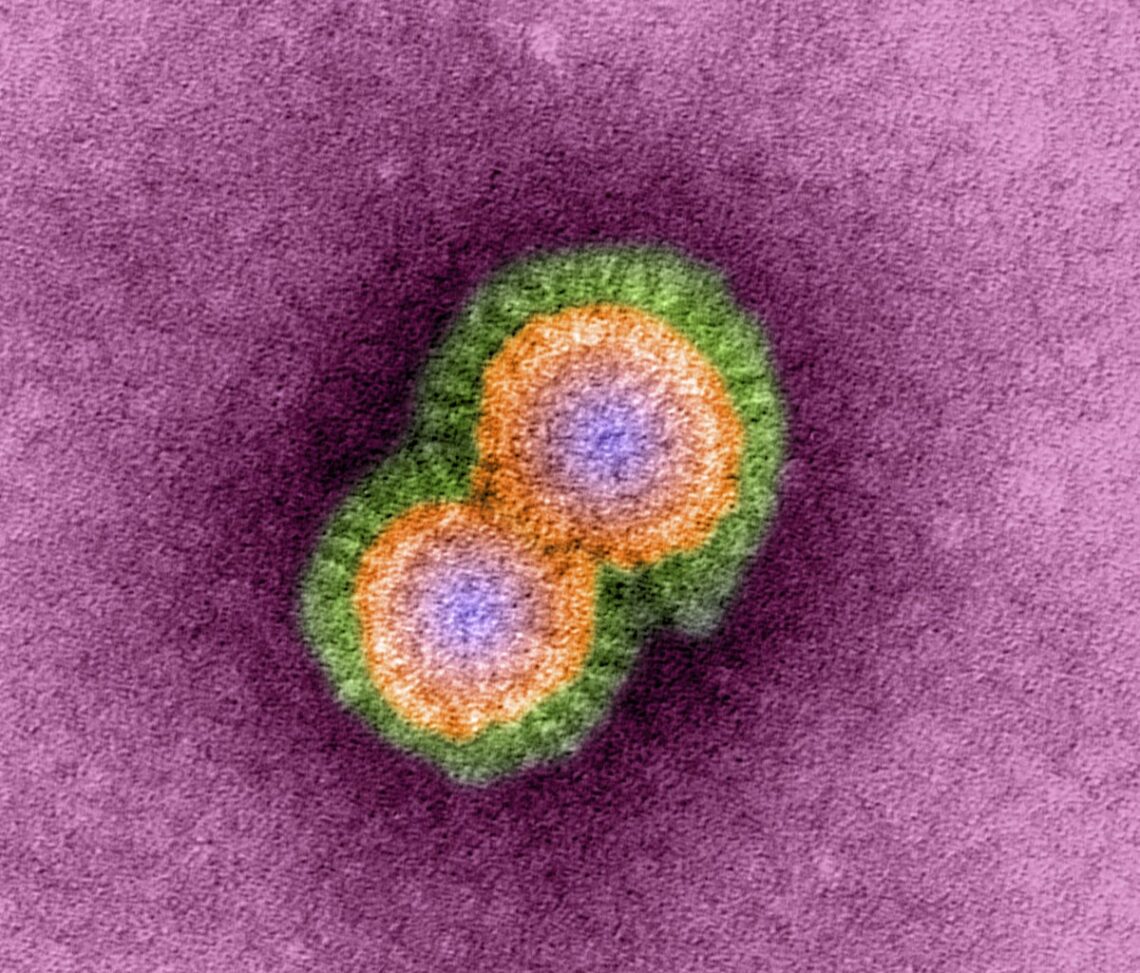January 7, 2025
3 min read
What Does First U.S Bird Flu Death Tell Experts about Disease Severity?
Louisiana has reported the first U.S. fatality from avian influenza. Most of the country’s human cases have been mild
The first human death in the U.S. from the H5N1 avian influenza virus was reported this week.
Dr. Klaus Boller/Science Source
The Louisiana Department of Health recently reported the first U.S. death from H5N1 avian influenza: this individual was a patient who became severely ill and was hospitalized after having contact with both backyard poultry and wild birds. The department didn’t identify the deceased but said the person was older than age 65 and had underlying health conditions.
A total of 66 confirmed human cases of bird flu have been reported in the U.S. since the beginning of 2024. Most have been very mild and have occurred in people who work with dairy cattle or poultry. The scant handful of severe cases that have occurred throughout North America during that time have included one person in Missouri who was hospitalized and tested positive for the H5N1 virus and a 13-year-old in British Columbia who also had obesity and asthma and had been listed as in critical condition, according to a recent study published in the New England Journal of Medicine. In previous international outbreaks in humans, the virus has had a reported mortality rate of more than 50 percent, though that is likely an overestimate because not all cases are caught.
The death in Louisiana and hospitalizations in Missouri and British Columbia are concerning, but they have not changed the U.S. Centers for Disease Control and Prevention’s assessment that the risk to the general public from H5N1 remains low.
On supporting science journalism
If you’re enjoying this article, consider supporting our award-winning journalism by subscribing. By purchasing a subscription you are helping to ensure the future of impactful stories about the discoveries…
Read the full article here

